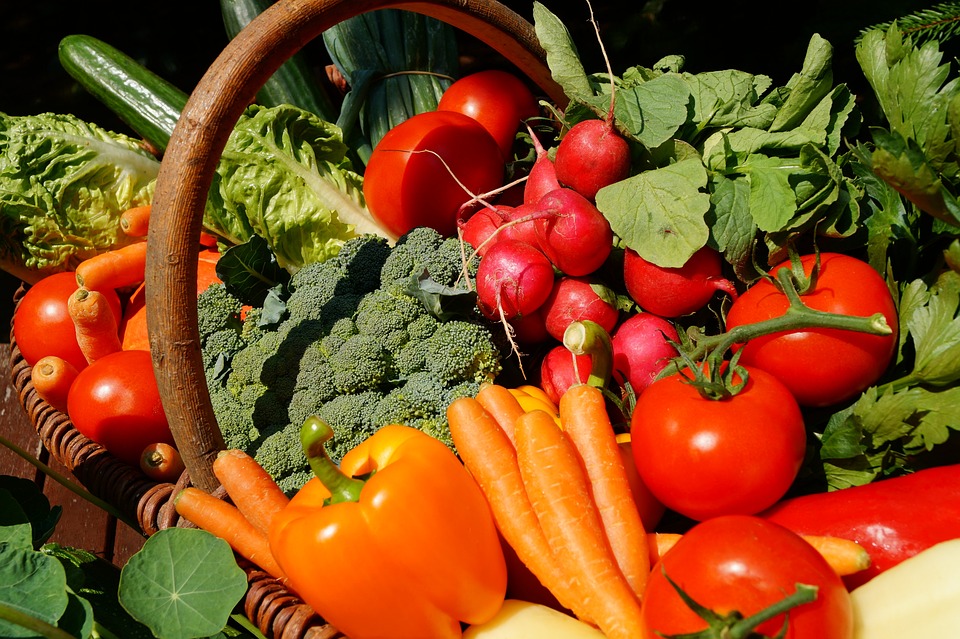
Why Local Food Is Worth the Extra Cost: The Value of Supporting Local Farmers
[ad_1]
In recent years, there has been a growing trend towards supporting local farmers and buying locally produced food. While it is true that local food may sometimes come with a slightly higher price tag than mass-produced alternatives, there are numerous reasons why it is worth the extra cost. Not only does buying local food benefit the environment and local economy, but it also provides a host of health benefits and supports community cohesion.
One of the main reasons why local food is worth the extra cost is the positive impact it has on the environment. When food is produced locally, it typically requires less transportation and packaging, which helps to reduce carbon emissions and overall environmental impact. Additionally, local farmers are more likely to use sustainable farming practices that prioritize soil health, biodiversity, and water conservation. By supporting local farmers, we are helping to protect and preserve our natural resources for future generations.
Another important reason to support local farmers is the economic impact it has on the community. When we buy food from local farmers, we are putting money directly back into our local economy, supporting small businesses and creating jobs in our community. This helps to strengthen the local economy and reduce our reliance on large, multinational corporations. Additionally, supporting local farmers helps to preserve farmland and open spaces, which contribute to the overall health and well-being of our communities.
Beyond the environmental and economic benefits, there are also numerous health benefits to buying local food. Local food is often fresher and more nutritious than food that has been shipped long distances, as it is typically harvested at peak ripeness and delivered to consumers quickly. Additionally, local farmers are more likely to use organic and natural farming practices, which means that their food is free from synthetic chemicals and pesticides. By eating local food, we are not only supporting our own health and well-being but also the health of our environment and local communities.
Finally, buying local food helps to strengthen community bonds and promote a sense of connectedness among residents. When we buy food from local farmers, we are creating a direct connection between producers and consumers, which fosters a sense of trust and camaraderie. Local food also helps to preserve cultural traditions and foodways, as it often reflects the unique flavors and culinary traditions of a particular region. By supporting local farmers, we are helping to build a more resilient and vibrant community that values and celebrates the diversity of its food system.
In conclusion, while local food may sometimes come with a higher price tag, the value of supporting local farmers far outweighs the cost. By buying local food, we are not only supporting the environment and local economy, but also reaping numerous health benefits and fostering community cohesion. In a world that is increasingly dominated by mass-produced, industrial food systems, buying local food is a powerful act of resistance that helps to build a more sustainable, equitable, and connected food system for all.
[ad_2]
